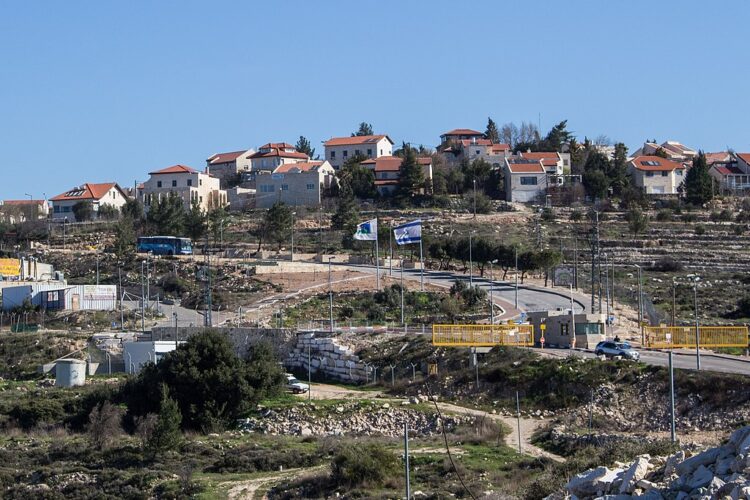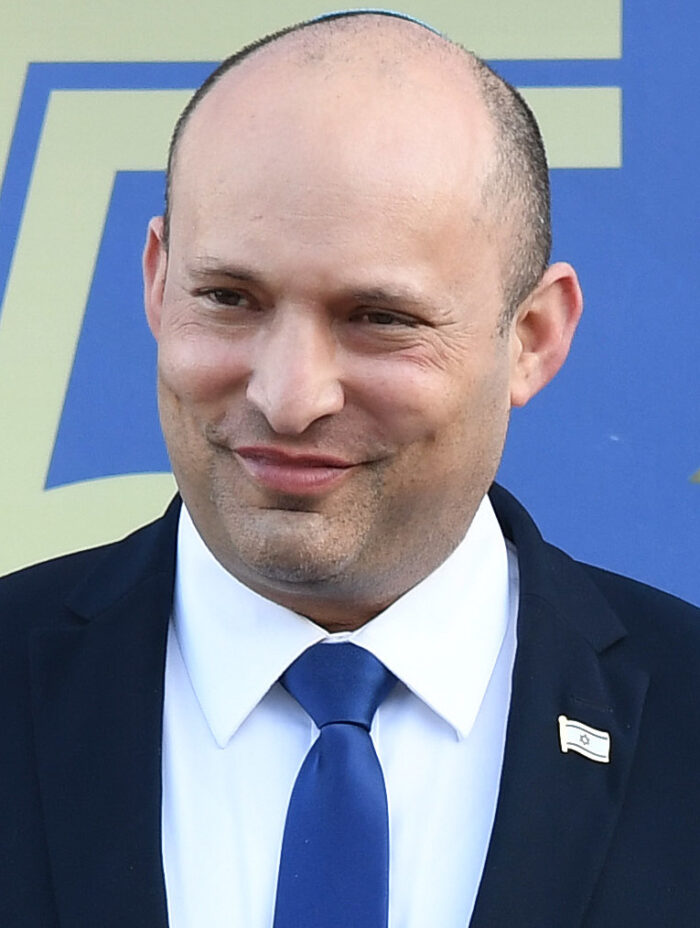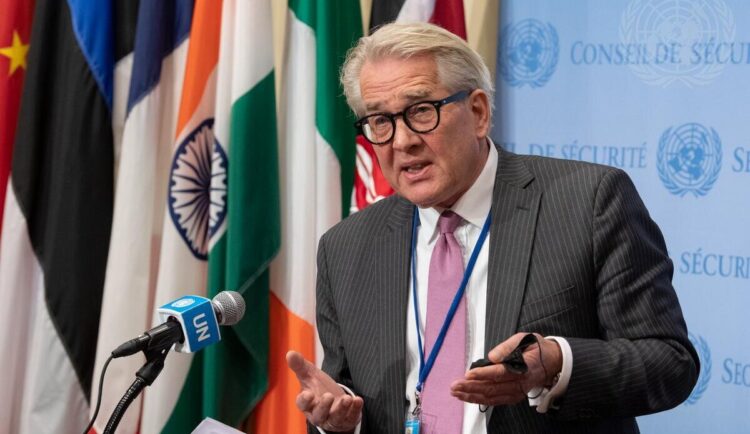Prime Minister Yair Lapid of Israel recently blasted the second report issued by the United Nations’ Commission of Inquiry, which was set up following last year’s cross-border war between Israel and Hamas.
Presented to the UN General Assembly on October 27, the 28-page report, with which the Israeli government has refused to cooperate, charged that Israel’s occupation of the West Bank is a violation of international law
Writing on Twitter, Lapid was particularly displeased with the report’s condemnation of Israel’s military operation against Hamas, branding its conclusions “biased, inciting and blatantly unbalanced.”
Claiming it was “written by antisemites,” Lapid dismissed it as “a distinctly antisemitic report.” Yet in the same tweet, he acknowledged the obvious: “Not all criticism of Israel is antisemitism.”
On the face of it, the criticism levelled at Israel in the report is harsh but certainly well within the boundaries of fair and measured comment.
A good portion of it dwells on the West Bank, which Israel has occupied since the 1967 Six Day War.
Claiming the West Bank as its patrimony, Israel began building settlements there shortly after that war. Since then, more than 125 government-sanctioned settlements, with several hundred thousand inhabitants, have been built.
Regarding the West Bank as an essential component of a future Palestinian state, the Palestinians have lambasted Israel’s settlement project as well as its occupation.

Under the second Oslo peace agreement in 1995, the West Bank was divided into three distinct segments — Area A, which is fully under Palestinian control; Area B, which is jointly administered by Israel and the Palestinian Authority, and Area C, which is completely under Israel’s sway. Comprising nearly two-thirds of its land mass, Area C is home to virtually every Israeli settlement.
A two-state solution has been at the core of every legitimate peace plan presented to resolve Israel’s conflict with the Palestinians. But to this day, Palestinian statehood remains on ice in large part because a succession of Israeli governments have effectively distanced themselves from it.
Benjamin Netanyahu, who ruled Israel from 2009 to 2021, paid lip service to a two-state solution before ditching it. His successor, Naftali Bennett, denounced it as a non-starter. In a recent speech at the United Nations, Lapid embraced it under certain conditions.

For all intents and purposes, the two-state solution lies dormant and increasingly unattainable as Israel continues to consolidate its grip on the West Bank. If Netanyahu is reelected, the two-state solution will surely wither on the vine, with all its attendant consequences.
With the Palestinians deeply frustrated and angry by the absence of a promising political horizon, there will surely will be further acrimony and tension, which will lead to yet more violence.
Keenly aware of these discouraging developments, the UN Commission of Inquiry ripped into Israel’s policy of entrenchment in the West Bank.
“Actions by Israel constituting de facto annexation include expropriating land and natural resources, establishing settlements and outposts, maintaining a restrictive and discriminatory planning and building regime for Palestinians, and extending Israeli law extra-territorially to Israeli settlers in the West Bank.”
Calling the Israeli occupation in the West Bank “unlawful under international law,” it concluded that Israel’s creation of “facts on the ground” is intended to create a fait accompli.
As recently as last May, the Ministry of Defence authorized the construction of 4,427 new homes for Israeli settlers in the West Bank.
Tor Wennesland, the UN’s special coordinator for the Middle East penance process, denounced this plan. As he put it, “Continued settlement expansion further entrenches the occupation, encroaches upon Palestinian land and natural resources, and hampers the free movement of the Palestinian population.”

The United States, Israel’s chief ally, also condemned the plan. “We strongly oppose the expansion of settlements,” a State Department official said. “Israel’s program of expanding settlements deeply damages the prospects for a two-state solution.”
It is axiomatic that a two-state solution will be out of reach as Israel tightens its hold on the West Bank and refuses to seriously entertain the idea of Palestinian statehood within the framework of a peace treaty that recognizes Israel’s security concerns and interests.
The Commission of Inquiry recognizes the glaring disconnect between Israel’s profession for peace and the facts on the ground it has been creating for the past five decades. To call Israel out on this yawning discrepancy is not antisemitic, nor is it a betrayal of Israel’s right to exist as democratic Jewish state.
Far from spewing antisemitism, as Lapid erroneously suggests, the Commission of Inquiry’s report rightly called attention to an increasingly oppressive, unjust and dangerous situation that should be rectified before it degenerates into something even uglier.
